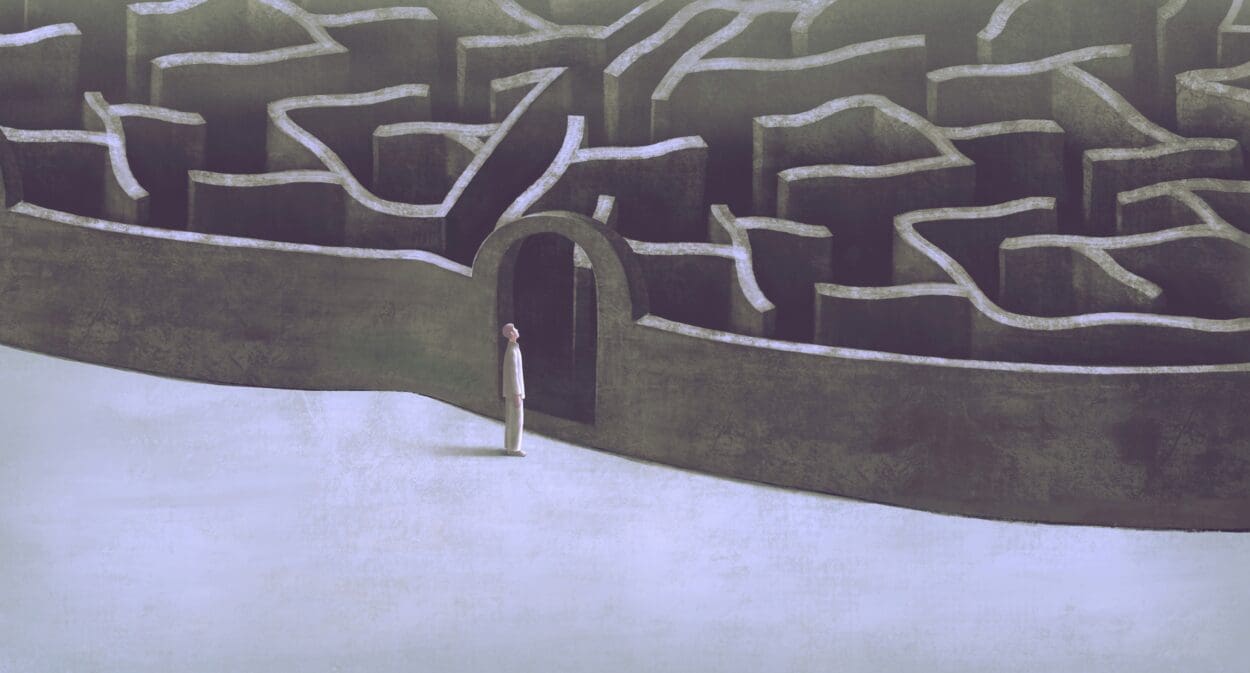The shock and distress after the suicide of a loved one can feel devastating. In addition to grieving the loss, you are probably facing various conflicting emotions and finding it difficult to accept the circumstances of their death.
You might experience guilt for not doing enough to stop their suicide, upset with yourself or others for overlooking any signals of their intentions. Or you might feel angry at your loved one for leaving you.
A lot of individuals who are mourning a suicide also begin to doubt the connection they had with the individual, pondering why it didn’t prevent them from taking their own life. A few individuals also have suicidal thoughts.
Adding to this is the persistent “Why?” ringing in your mind, the continual replay of your loved one’s last days and doings, and the ongoing doubt about alternative actions you could have taken.
During such a tragic period, you might also have to navigate through police inquiries, media intrusions, and the negativity surrounding suicide. Some loved ones might feel too uneasy to offer support, while others may have less compassion for a death that was deemed ‘self-inflicted’.
Without access to your typical sources of solace, you may find yourself isolated and lonely during your time of mourning. This can take a significant toll on one’s mental health as you desperately try to make sense of things and look for support.
How Suicide Can Affect the Mental Health of Loved Ones
Suicide results in an abrupt, at times violent, and often unforeseen death, complicating the grieving journey and often resulting in chronic mental health issues.
Stress and Trauma
Suicide-bereaved individuals may have to interact with the police or manage press requests, depending on the circumstances. While you are still in a state of disbelief and shock, you may be requested to go to the location where the death occurred.
There are times when authorities might allow you some time to pull yourself together, as going back to the location could be too emotionally distressing. Nevertheless, in more severe situations, you may not have the choice to settle yourself.
This could greatly contribute to the trauma you are already experiencing and lead to additional stress that could affect your coping abilities for life.
PTSD (Post-Traumatic Stress Disorder)
You might constantly think about the death and how it happened, replaying the last moments repeatedly in an attempt to comprehend what could’ve happened or because the thoughts are stuck in your mind.
This may lead to the development of post-traumatic stress disorder (PTSD), a type of anxiety disorder in which individuals can involuntarily re-experience trauma through intrusive images and situations, leading to anxiety and the constant need to avoid such triggers.
Depression and Isolation
Suicide has the potential to separate survivors from their community and even from other family members. Mental illness is still stigmatized, often a key factor in suicides, and many religions deem it a sin, causing survivors to hesitate in revealing or acknowledging the circumstances of such deaths.
Moreover, divergent family opinions on how to address the death publicly can create challenges for survivors wishing to openly share their feelings. Choosing not to disclose the suicide to others can also result in long-lasting feelings of isolation, confusion, and depression that could carry on for years or even across generations.
Prolonged Grief Disorder
Continuous sorrow is debilitating and impacts daily activities differently than normal grieving. Prolonged grief disorder occurs when strong desires for the deceased individual or fixated thoughts of them continue even after a year or so of their demise.
This can cause substantial distress or difficulties in carrying out daily tasks in various crucial areas such as home and work. Furthermore, this disorder is commonly seen alongside conditions like PTSD, anxiety, or depression. It is also typically accompanied by sleep problems.
Suicidal Ideation
Individuals who have experienced the death of a loved one by suicide are more likely to consider, plan, or try to commit suicide themselves. Following the death of a loved one, it’s common to have thoughts of wanting to die, but this doesn’t necessarily mean you will take any action.
However, if these emotions are fueled by stress and isolation, they can continue or become stronger, putting you at a significant risk of harming yourself or worse – taking your own life.
Dealing with Suicide – Prioritize Mental Well-Being
Losing someone to suicide is particularly heartbreaking and initiates an intricate and distressing grieving process. Individuals experiencing this type of loss frequently require extra assistance compared to others, yet they mostly receive inadequate support.
However, there are numerous support resources available for those affected and various ways to assist the mourning individuals. One-on-one therapy and suicide support groups can offer valuable assistance to those affected by suicide. Online support groups are becoming increasingly popular as well.
Don’t hesitate to offer support to individuals who have lost a loved one to suicide. Just like you would respond to any other loss, show empathy, help with practical matters, and be there to listen to their rants and grievances. You could be the key to helping them regain their mental stability.
Sources:







Leave a Comment